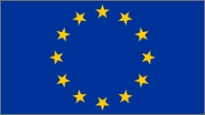BeFlexible at EUSEW 2024: Understanding customer roles in power systems
Join us for the policy session at EUSEW on June 13th, from 11:30 to 13:00 CEST
BeFlexible is organizing and participating in policy sessions at the European Sustainable Energy Week (EUSEW 2024), alongside esteemed partners. This 18th edition of the Policy Conference will occur in a hybrid format in Brussels and online from June 11th to 13th, 2024. EUSEW, organized by the European Commission’s Directorate-General for Energy, stands as a pivotal annual event promoting sustainable energy policies and practices at the European level. As the largest conference dedicated to renewables and efficient energy use in Europe, it gathers industry experts to explore this year’s theme, “Net-zero competitiveness driving EU energy transition,” fostering dialogue and collaboration among stakeholders driving sustainable energy initiatives across Europe.
“What about flexibility? How customers can improve power systems”
Mark your calendars for June 13, 2024, from 11:30 to 13:00 CEST.

Panel 1: Unlocking Local Flexibility Potential: Are Customers Ready to Embrace Innovation?
Agenda
Moderated by Ms. Tzeni Varfi, Deputy to Secretary General, E.DSO.
- Mr. Veli-Pekka Saajo, Chair of Distribution Systems working group, Council of European Energy Regulators (CEER).
- Mr. Fernando David Martin Utrilla, DSO role in Spain i-DE (Iberdrola group), Project coordinator BeFlexible project.
- Mr. Tomi Medved, Head of the Laboratory of Energy Policy (UL) University of Ljubljana, Project coordinator STREAM project.
- Ms. Katerina Drivakou, Energy Systems Researcher, UBITECH ENERGY, Project technical coordinator ENFLATE project.
- Mr. Josh Roberts, Senior Policy Advisor REScoop.eu.
- Ms. Rose Matthews, Behavioral Scientist for community engagement, Smart Innovation Norway.
Panel 2: Scaling Demand Response in Europe: Lessons Learned from Field-Proven Solutions
The panel aims to provide a coherent and comprehensive discussion centered on several key objectives. Firstly, it will describe the significant role that Demand Response (DR) plays in actively contributing to the attainment of EU net-zero objectives. Through illustrative examples and case studies, the panel will highlight best practices gleaned from DR pilots, innovative initiatives, and successful local deployments. These insights will underscore the readiness of these solutions to be extended at scale, benefiting both European consumers and power systems alike.
Furthermore, the panel will address the critical obstacles that still impede the widespread roll-out of DR initiatives in the Residential and Commercial & Industrial sectors across Europe. By acknowledging and understanding these challenges, the discussion aims to foster strategies for overcoming them effectively.
Lastly, the panel will emphasize the key enablers necessary to facilitate investment and encourage widespread consumer adoption of DR solutions at scale. Drawing from the success stories of previous pilots, the panel will identify actionable insights and strategies to promote consumer engagement and streamline the integration of DR into energy systems across Europe. Through this multifaceted approach, the panel endeavors to provide valuable lessons learned and actionable recommendations for scaling Demand Response initiatives effectively throughout Europe.
Agenda
Moderated by Ms. Marion Malafosse, Head of Policy, SmartEn.
- Mr. Thomas Bobinger, Policy Officer EU Internal Market, Federation of German Consumer Organisations, VZBV.
- Mr. Sebastien Condom, Head of International business, Voltalis.
- Ms. Lindsay Sugden, Regional Manager, International Affairs, NIBE.
- Mr. Charles Verhaeghe, Vice President Energy, Compass Lexecon.
- Ms. Olivia Sicurani, Strategy & Innovation Director, Sympower.
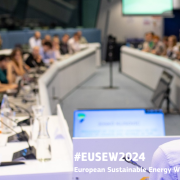
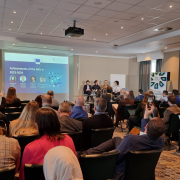
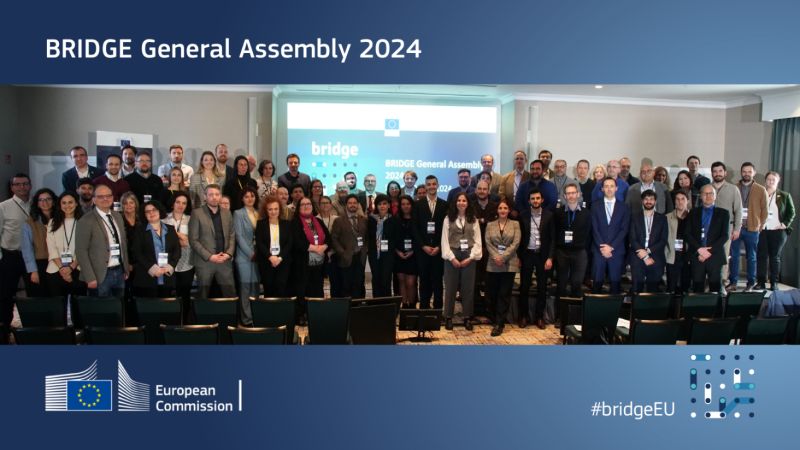 Bridge General Assembly 2024
Bridge General Assembly 2024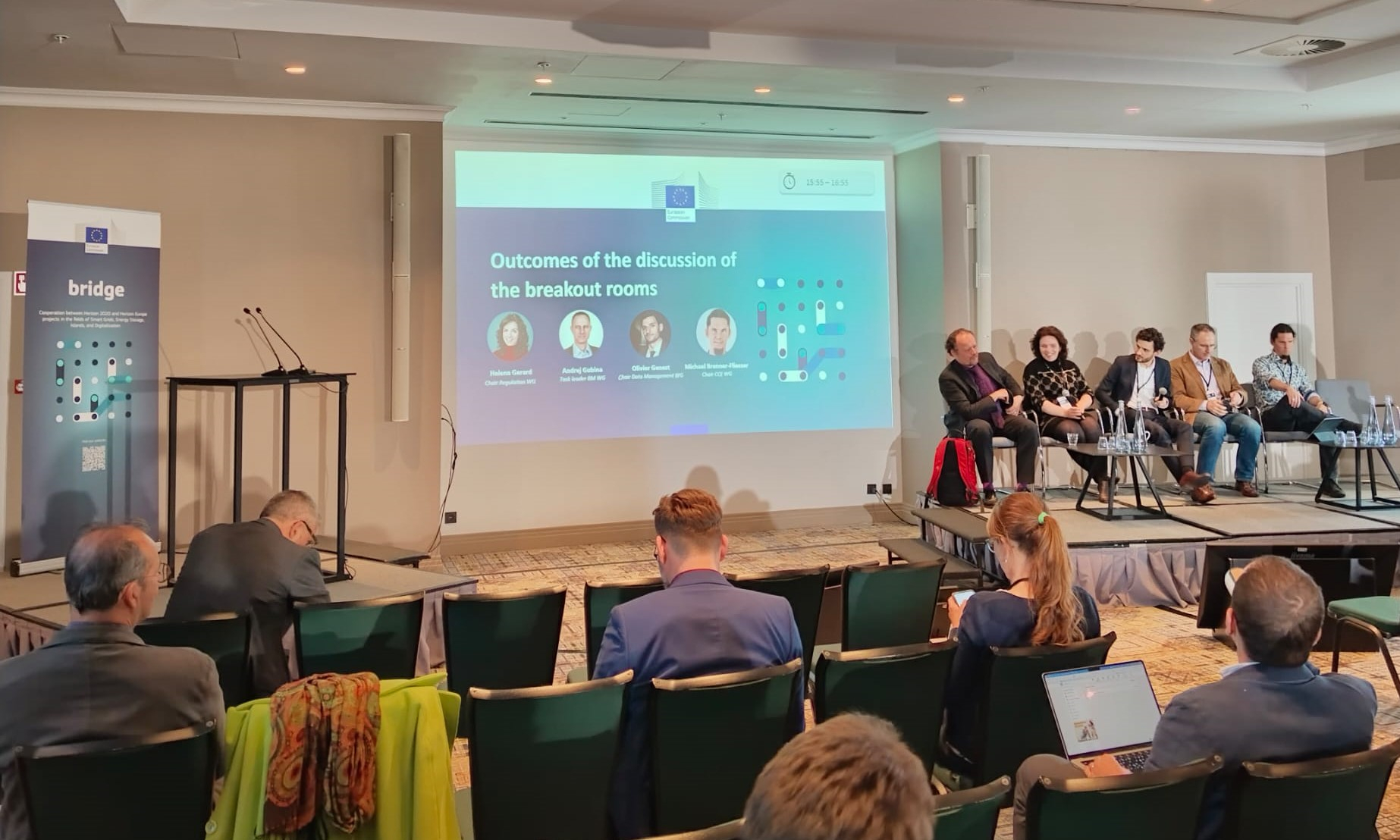 Bridge General Assembly 2024- Working Groups achievements
Bridge General Assembly 2024- Working Groups achievements